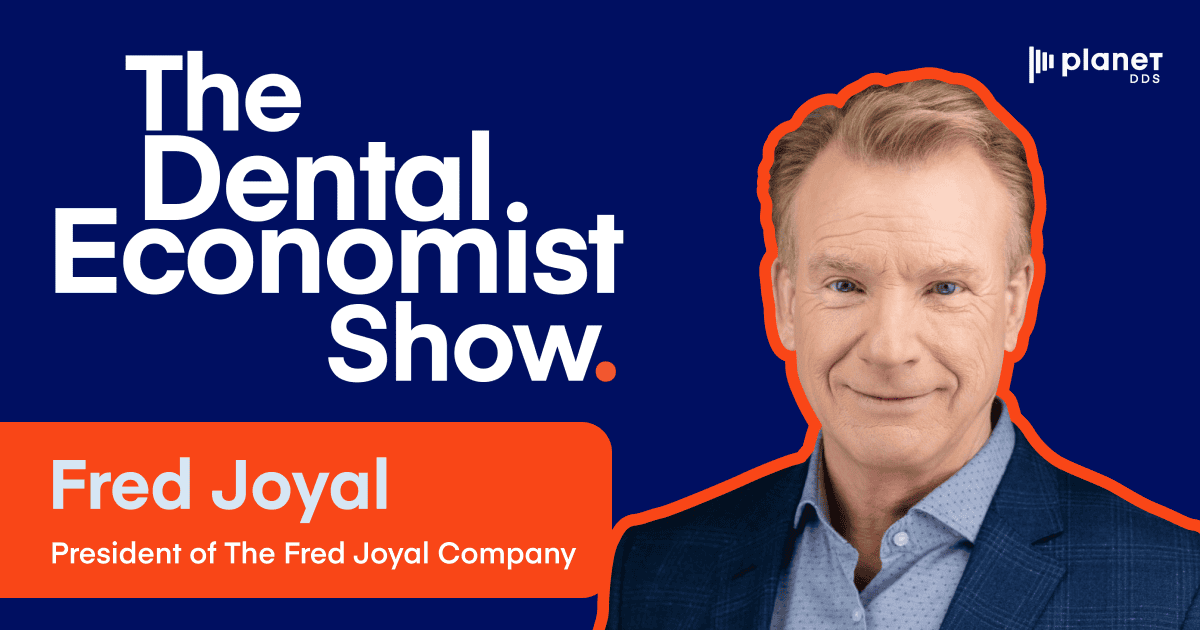Jen Buck on Developing the Skills of Effective Leadership

In this episode of The Dental Economist Show, host Mike Huffaker is joined by Jen Buck, an acclaimed keynote speaker, leadership trainer, and COO of the One Hundred Angels Foundation.
Join them as they discuss:
- Transformative leadership
- Training methods that can benefit dental organizations
- The importance of clear communication and non-punishing feedback
- Navigating generational differences in the workplace
Jen Buck is an acclaimed keynote speaker and leadership trainer. She is also COO of the One Hundred Angels Foundation, who aim to bring comfort and dignity to rural communities in need. Jen has been a Business Development Consultant for Synergistic Development since 1998 and is the author of several books, including:
- Resilient Women in Life and Business
- 18 Successful Business Women Share Their Best Thinking and Strategies to Build an Inspiring Life and Business
- The Art of Being Assertive: Become Positive, Effective and Successful The Assertive Way
Episode Highlights
Great Leaders Are Made, Not Born: Jen believes that anyone can be a great leader, saying they are “made” rather than “born.” She also emphasizes that leadership is a skill that can be developed, and while some individuals may have innate qualities—for instance, the ability to inspire others—that make them more inclined to be effective leaders, honing the necessary skill set is essential. Jen emphasizes that great leaders are defined by their priorities and their focus, whether that’s about them or the people they lead.
Assertive vs. Aggressive: Jen says that it is healthy to be concerned about creating fear in others and that leaders should focus on being assertive rather than aggressive. She emphasizes the importance of clear communication and non-punishing feedback. Directness, specificity, and non-punishing approaches are the foundations of effective communication in leadership. Jen says that adults should not be in fear when they’re in the workplace. They shouldn’t be afraid to speak up to admit failure to go to their leader when they’re insecure—this is not a sign of good leadership.
Crossing the Generational Divide: Jen explains that there are currently four generations in the workplace, and each has different needs and expectations. While older generations may prefer formalities and traditional leadership styles, younger generations value flexibility, face-to-face interactions, and a sense of making an impact. Jen emphasizes that fairness, respect, honesty, dignity, engagement, and effective communication are essential across all generations.
Development as a Cornerstone of Leadership: Jen highlights the value of making development a cornerstone of leadership, whether through training, digital programs, conferences, mentorship, or employee resource groups (ERGs). She cites the example of Jeff Weiner, the head of LinkedIn, who spends an hour and a half every day talking with his people and just talking about their goals as a human being and how he can support them. Although this focus on development may take more time initially, Jen stresses the benefits in the long-run.
Like and subscribe wherever you listen to podcasts:
Apple Podcasts | Spotify | bCast



